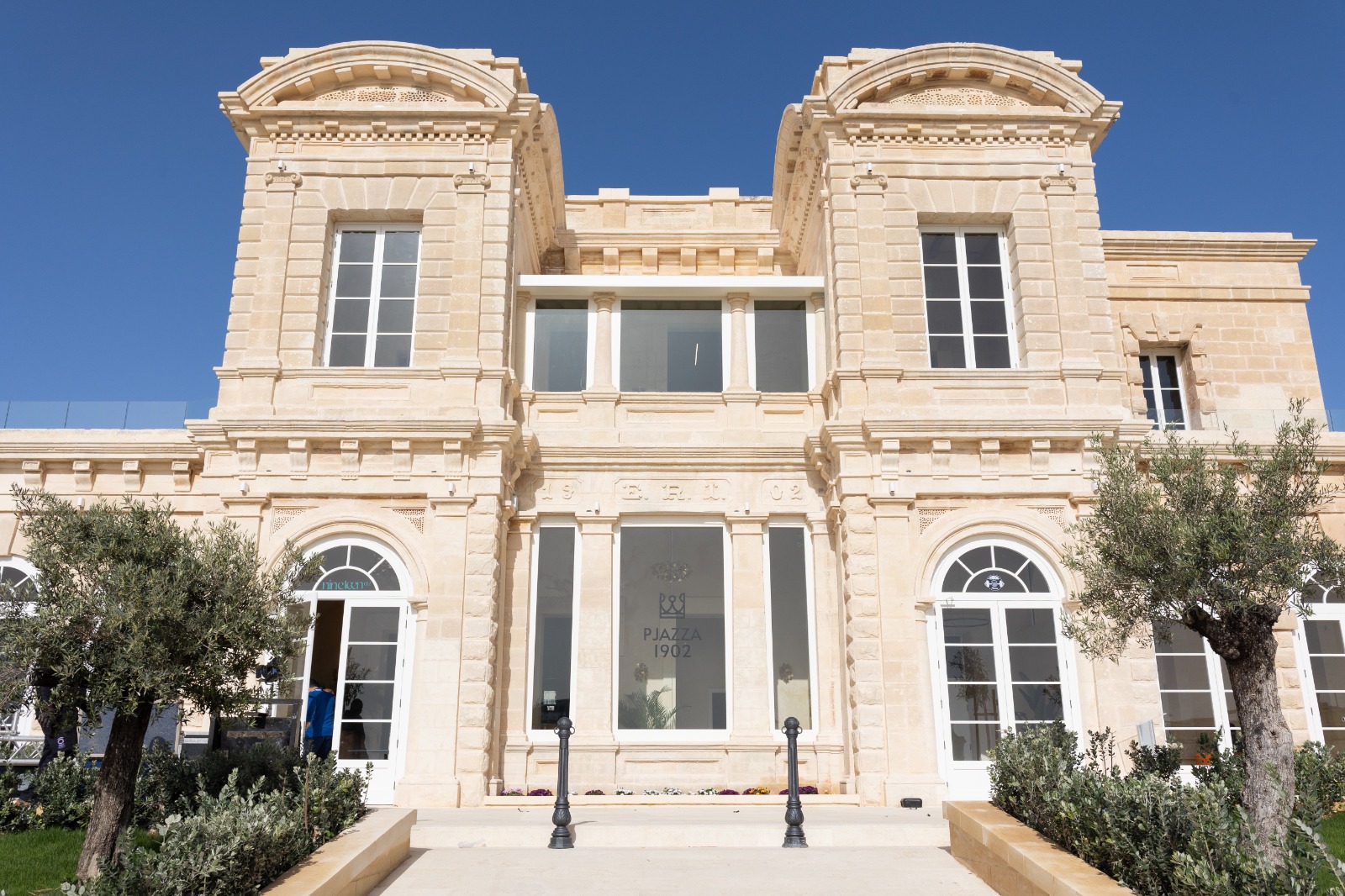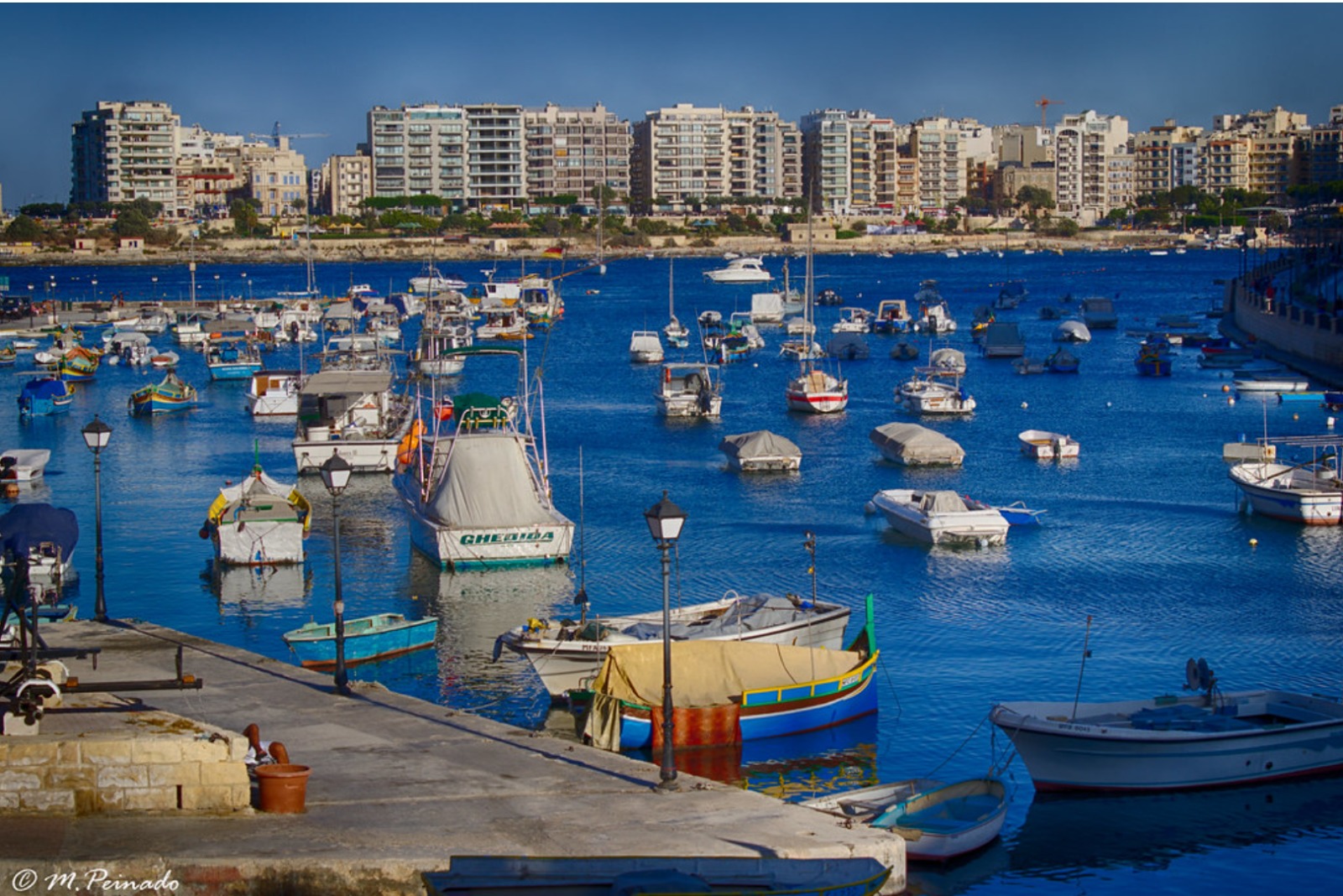Esports will feature for the first time this year at the Invictus Games, an annual event founded by British Prince Harry featuring injured service people competing in a variety of events and sports.
At this year’s edition, to be held at The Hague, delayed from 2020, esports will feature as a side event in an esports tent, a free-to-access zone delivered by H20 Esports Campus, which is a 12,000 metre square complex in Amsterdam proclaiming itself to be an esports Valhalla.
The esports area will be supported by Microsoft, with the Xbox Adaptive Controller being used, to help ensure all games are accessible to play, even when competitors have different needs.
Games played will include League of Legends, Rocket League, Mario Kart, and racing simulators, with prizes on offer provided by HyperX, HP, Nintendo, and Omen.
The inclusion represents a promising phenomenon for the esports industry, which has long wrestled for legitimacy on the wider sporting stage.
Rapid growth was catalysed by the pandemic, with traditional sports fans having to turn elsewhere for their entertainment needs.
According to a report by Transparency Market Research last year, the global esports market is expected to exceed a value of $11 billion (€10.16 billion) by 2023.
The global market intelligence company predicted that the worldwide market for esports is expected to expand at a compound annual growth rate of 23.2 per cent in the next decade – while also warning that some hindrances to growth persist, including those related to health.
Other findings of the report include that virtual tournaments are observing “considerable” popularity, and that this growing interest is resulting in many gaming companies organising large-scale digital events and thus further increasing growth opportunities.
Continue Reading
Pjazza 1902: New hotspot blends community engagement and B2B offerings
The entertainment hub, which has recently opened in Pembroke after a lengthy period of meticulous restoration, serves up a gamut of dining, fitness, business and leisure opportunities
Gavin Isaacs steps down as Games Global chairman to take on new role as Entain CEO
His appointment comes into effect from September 2024, and will see him remain on the board of Games Global as an independent non-executive director
Third-largest cryptocurrency exchange OKX selects Malta as its MiCA hub
Under the MiCA framework, OKX plans to offer spot trading (including EUR and USDC pairs) in addition to buy, sell, convert and staking services to qualified EU residents through Okcoin Europe Ltd
GO’s Enterprise Solutions geared to deliver end-to-end business technology
The telecoms firm prioritises holistic and scalable solutions for its corporate clients, says Arthur Azzopardi, Chief Officer at GO Business.










